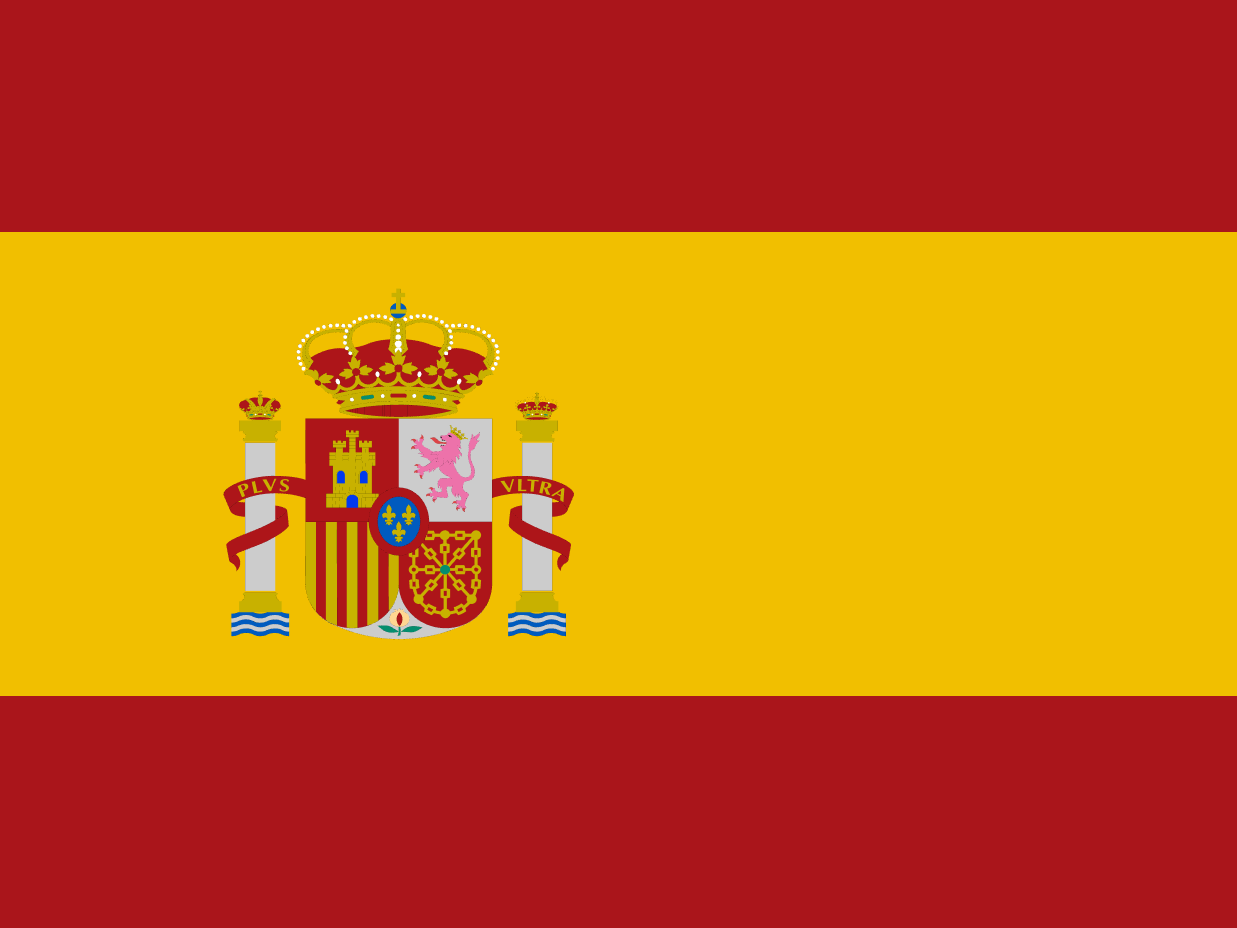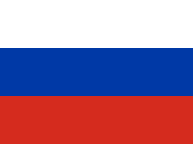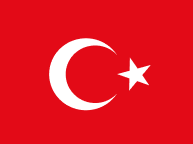Why Language Matters in iGaming
When real money is on the line, users demand clarity, speed, and trust—three things that crumble with language barriers. Players are more likely to deposit, engage, and stay loyal when communicating in their preferred language.
Key stats:
- 74% of users are more likely to return if customer service is offered in their language
- Conversion rates are 30–50% higher in localized user experiences.
- Language-based frustration is a leading cause of churn in emerging markets.
Multilingual support = higher LTV, lower churn, better brand sentiment.
What Is a Multilingual Support System?
A multilingual support system allows customer service agents and AI chatbots to handle inquiries in different languages and regions without sacrificing quality or personalization.
Core Components:
- Live agents fluent in high-priority languages
- AI chatbots with multilingual NLP (natural language processing)
- Dynamic knowledge base and help center translations
- Localized UX elements like currency, date format, and game names
The goal is not just translation, but cultural relevance.
Scaling Support Without Sacrificing Quality
As your casino expands into new regions, your support load increases, but hiring a whole team for each language isn’t scalable. That’s where multilingual automation helps.
AI-Powered Multilingual Support Includes:
- Real-time translations for support chats
- Language-specific auto-responses
- Local idiom recognition and tone adjustment
- Self-service portals in the native language
This gives even small teams global reach, with local-quality experiences.
Compliance in Regulated Markets
In regulated markets like Germany, Sweden, or Ontario, providing player support in the local language is not just best practice—it’s a legal requirement.
CRM + Multilingual Compliance Can Track:
- Language-specific KYC documentation
- Player complaints in the original language
- Responsible gaming tools and disclosures
Failing to provide language-aligned support could mean penalties or license suspension.
Cultural Relevance and Player Loyalty
Multilingual support isn’t only about language—it’s about cultural connection. Players who feel understood are more likely to trust your brand, deposit frequently, and advocate for your platform.
Cultural customization can include:
- Holiday-themed campaigns based on region
- Localized promo codes or deposit methods
- Game recommendations based on regional popularity
This is the key to transforming international users into loyal VIPs.
How Multilingual Chatbots Can Reduce Costs
Hiring support agents for every market is costly. By integrating multilingual AI chatbots, you can reduce operational costs while maintaining service quality around the clock.
Use Case Example:
- A Spanish-speaking player asks about a delayed withdrawal
- The chatbot detects language, pulls policy in Spanish, and resolves the issue.
- If needed, the case escalates to a Spanish-speaking human agent.
AI handles 70–80% of queries, freeing up agents for complex cases.
Tracking Support Performance by Language
With the right CRM or support suite, you can analyze how your service performs across languages, spotting gaps, delays, or churn triggers.
KPIs to Watch:
- First-response time by language
- Satisfaction score by region
- Chatbot containment rates per language
- Escalation frequency
These metrics help you refine your strategy for each market.
Choosing the Right Tech Stack
Not all tools are built for a multilingual scale. Choose platforms that offer:
- Built-in translation with context awareness
- Multi-language chatbot training support
- Native integration with CRM and compliance systems
- Local currency and tax format adaptability
Top Tools to Consider:
- Zendesk with multilingual add-ons
- Intercom with AI + translation layers
- LivePerson with intent detection per language
The right stack makes global feel local, seamlessly.
Conclusion
In iGaming, language is more than communication—it’s conversion. Multilingual support transforms casual visitors into confident depositors, while building global trust, reducing churn, and meeting regulatory standards. Whether entering LATAM, expanding into Europe, or targeting Asia-Pacific, speaking your players’ language is your most potent competitive edge.









.png)

.svg)


.png)
.png)
.png)
.png)

